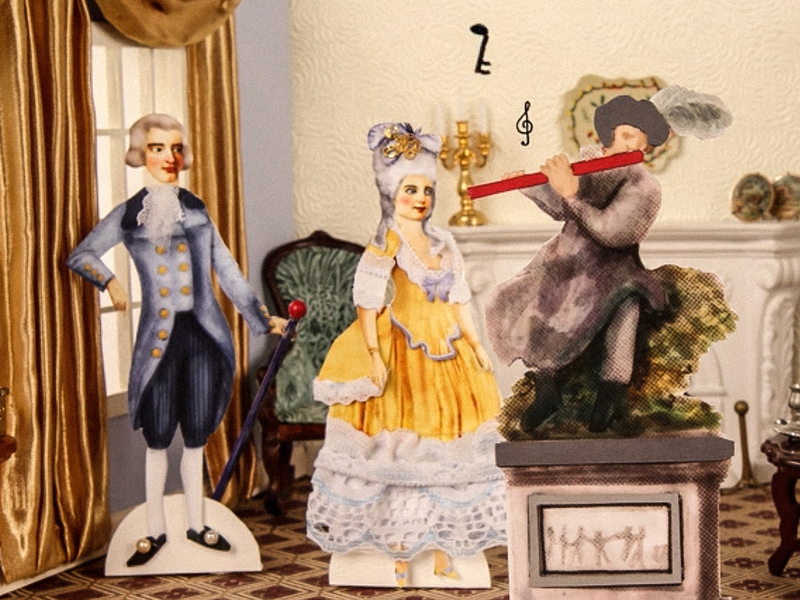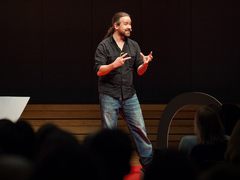A friend who is fluent in two of the world's great languages sent me a copy of the Declaration of Revocation which purports to be a proclamation from the current Queen of England. Please keep in mind that Queen Elizabeth II is 90 years old. She may be busy and occupied with other issues, even some matters that she considers more pressing.. That possibility makes me doubt the authenticity of this proclamation.
Still it gave me some good laughs and some interesting perspectives. I happen to be reading "What Hath God Wrought" by Daniel Walker Howe about the new nation of the US creating itself from 1815, when it had pretty well gotten Great Britain to leave it alone, until 1848, when the issue of slavery was really beginning to cause serious trouble. The nation was quite aware of the parallels and differences between its previous English existence and its new American development.
Below is what I received this morning. The document bears some interesting similarities to and differences from an earlier version, which can be found here. Whether you are happy with the recent election or not, you can see the earlier version was evidently published just after the last presidential election.
To the citizens of the United States of America from Her Sovereign Majesty Queen Elizabeth II.
In light of your failure to nominate competent candidates for President of the USA and thus to govern yourselves, we hereby give notice of the revocation of your independence, effective immediately.
Her Sovereign Majesty Queen Elizabeth II will resume monarchical duties over all states, commonwealths, and territories (except North Dakota, which she does not fancy).
Your new Prime Minister, Elizabeth May, will appoint a Governor for America without the need for further elections.
Congress and the Senate will be disbanded. A questionnaire may be circulated next year to determine whether any of you noticed.
To aid in the transition to a British Crown dependency, the following rules are introduced with immediate effect:
-----------------------
1. The letter 'U' will be reinstated in words such as 'colour,' 'favour,' 'labour' and 'neighbour.' Likewise, you will learn to spell 'doughnut' without skipping half the letters, and the suffix '-ize' will be replaced by the suffix '-ise.' Generally, you will be expected to raise your vocabulary to acceptable levels. (look up 'vocabulary').
------------------------
2. Using the same twenty-seven words interspersed with filler noises such as ''like' and 'you know' is an unacceptable and inefficient form of communication. There is no such thing as U.S. English. We will let Microsoft know on your behalf. The Microsoft spell-checker will be adjusted to take into account the reinstated letter 'u'' and the elimination of '-ize.'
-------------------
3. July 4th will no longer be celebrated as a holiday.
-----------------
4. You will learn to resolve personal issues without using guns, lawyers, or therapists. The fact that you need so many lawyers and therapists shows that you're not quite ready to be independent. Guns should only be used for shooting grouse. If you can't sort things out without suing someone or speaking to a therapist, then you're not ready to shoot grouse.
----------------------
5. Therefore, you will no longer be allowed to own or carry anything more dangerous than a vegetable peeler.. Although a permit will be required if you wish to carry a vegetable peeler in public.
----------------------
6. All intersections will be replaced with roundabouts, and you will start driving on the left side with immediate effect. At the same time, you will go metric with immediate effect and without the benefit of conversion tables. Both roundabouts and metrication will help you understand the British sense of humour.
--------------------
7. The former USA will adopt UK prices on petrol (which you have been calling gasoline) of roughly $10/US gallon. Get used to it.
-------------------
8. You will learn to make real chips. Those things you call French fries are not real chips, and those things you insist on calling potato chips are properly called crisps. Real chips are thick cut, fried in animal fat, and dressed not with catsup but with vinegar.
-------------------
9. The cold, tasteless stuff you insist on calling beer is not actually beer at all. Henceforth, only proper British Bitter will be referred to as beer, and European brews of known and accepted provenance will be referred to as Lager. South African beer is also acceptable, as they are pound for pound the greatest sporting nation on earth and it can only be due to the beer. They are also part of the British Commonwealth - see what it did for them. American brands will be referred to as Near-Frozen Gnat's Urine, so that all can be sold without risk of further confusion.
---------------------
10. Hollywood will be required occasionally to cast English actors as good guys. Hollywood will also be required to cast English actors to play English characters. Watching Andie Macdowell attempt English dialect in Four Weddings and a Funeral was an experience akin to having one's ears removed with a cheese grater.
---------------------
11. You will cease playing American football. There is only one kind of proper football; you call it soccer. Those of you brave enough will, in time, be allowed to play rugby (which has some similarities to American football, but does not involve stopping for a rest every twenty seconds or wearing full kevlar body armour like a bunch of nancies).
---------------------
12.. Further, you will stop playing baseball. It is not reasonable to host an event called the World Series for a game which is not played outside of America. Since only 2.1% of you are aware there is a world beyond your borders, your error is understandable. You will learn cricket, and we will let you face the South Africans first to take the sting out of their deliveries.
--------------------
13. You must tell us who killed JFK. It's been driving us mad..
-----------------
14. An internal revenue agent (i.e. tax collector) from Her Majesty's Government will be with you shortly to ensure the acquisition of all monies due (backdated to 1776).
---------------
15. Daily Tea Time begins promptly at 4 p.m. with proper cups, with saucers, and never mugs, with high quality biscuits (cookies) and cakes; plus strawberries (with cream) when in season.









